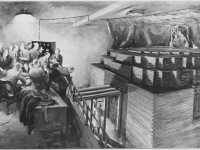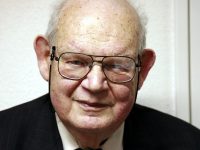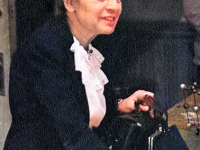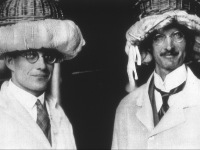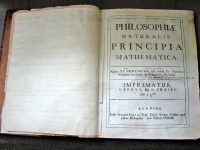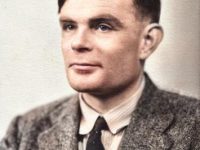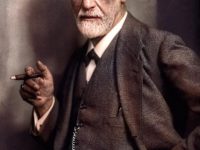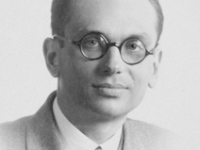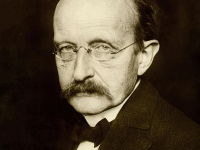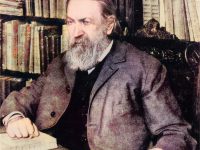The First Self-Sustained Nuclear Chain Reaction
On December 2, 1942, during the Manhattan Project, a team led by Italian born physicist Enrico Fermi initiated the first self-sustaining nuclear chain reaction in the Chicago Pile-1 (CP-1), the world‘s first human-made nuclear reactor, and initiated the so-called atomic age. CP-1 was built on a rackets court, under the abandoned west stands of the original Alonzo Stagg Field stadium, at the University of Chicago. Nuclear Chain Reaction and the Atomic Bomb…
Read more

